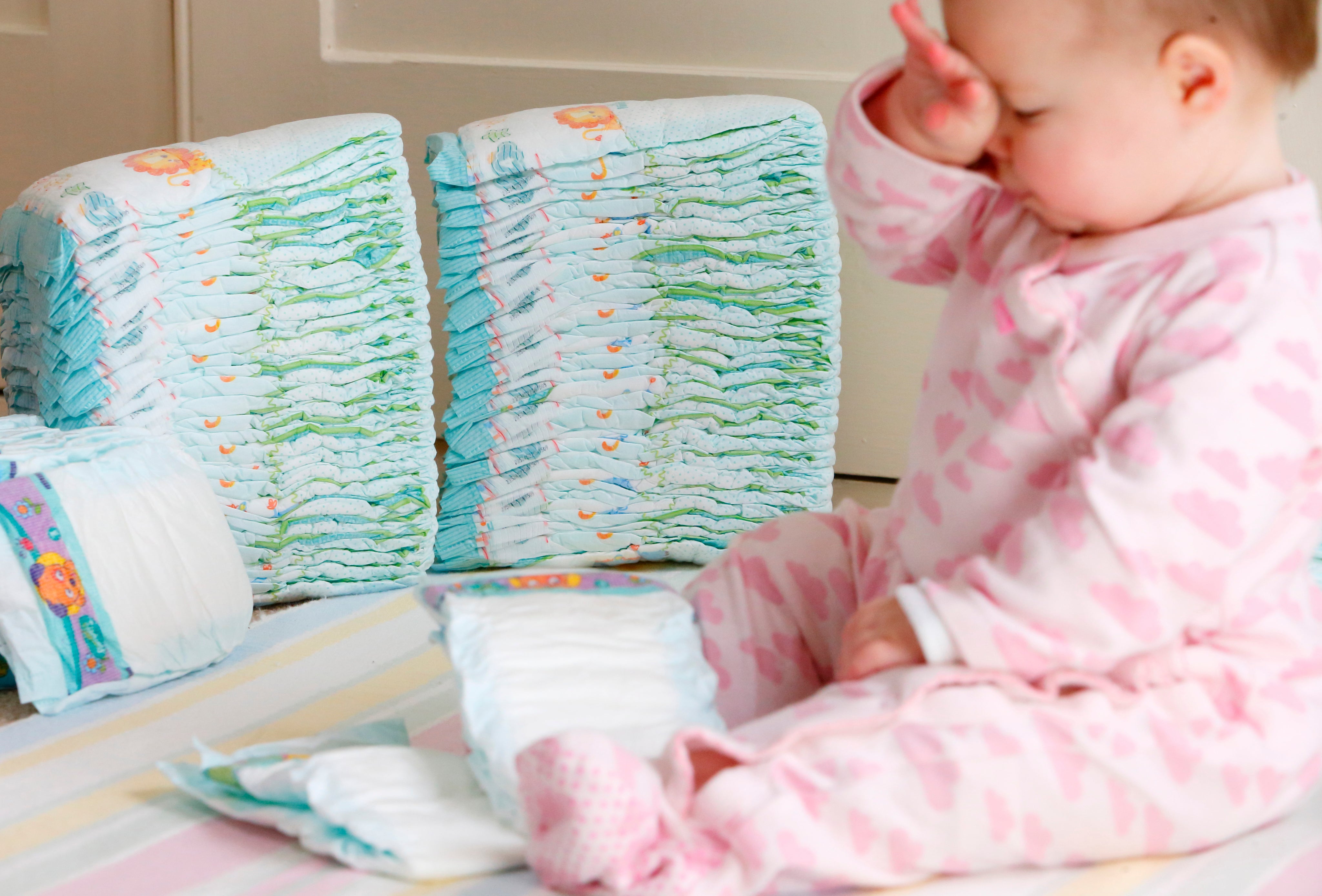Potty holes: Dirty nappies being used to resurface roads in Wales
Fibres from 4.3 tonnes of used nappies have replaced materials used to make asphalt

Your support helps us to tell the story
From reproductive rights to climate change to Big Tech, The Independent is on the ground when the story is developing. Whether it's investigating the financials of Elon Musk's pro-Trump PAC or producing our latest documentary, 'The A Word', which shines a light on the American women fighting for reproductive rights, we know how important it is to parse out the facts from the messaging.
At such a critical moment in US history, we need reporters on the ground. Your donation allows us to keep sending journalists to speak to both sides of the story.
The Independent is trusted by Americans across the entire political spectrum. And unlike many other quality news outlets, we choose not to lock Americans out of our reporting and analysis with paywalls. We believe quality journalism should be available to everyone, paid for by those who can afford it.
Your support makes all the difference.Wales is using recycled nappies to resurface roads as part its bid to become a zero-waste naion.
Fibres from 4.3 tonnes of used nappies have replaced materials for asphalt normally shipped in from abroad to improve the A487 between Cardigan and Aberystwyth.
An estimated 143 million nappies are thrown away in Wales each year. The single-use plastic can take hundreds of years to degrade in landfill.
Nappies and other absorbent hygiene products are being collected for resurfacing project in 15 out of 22 local authorities in Wales.
The Welsh government said the plan formed part of its bid to move to a circular economy, in which waste is turned into a resource and kept in use for as long as possible.
Economy minister Vaughan Gething added: “The Welsh government is committed to supporting our businesses to design and develop innovative solutions to global problems, which helps boost our economy and protect our society.
“I’m delighted our Innovation Team have been able to play a pioneering role in taking this project forward.”
If the trial proves successful, the initiative could be scaled up in a bid to reduce waste, tackle climate change, and create green jobs.
The other ingredient used to resurface the road – aggregate – was sourced within a 45-mile radius, sustaining local jobs and cutting carbon by shortening the supply chain, the government said.
Minister for Climate Change Julie James said: “We have elevated ourselves from one of the world’s worst recyclers to one of the best since devolution began.
“I have no doubt that with a Team Wales effort we can achieve world number one recycler, whilst ensuring no more rubbish is sent to landfill after 2025 and none sent to energy incinerators after 2050.”
Wales is ranked first in the UK, second in Europe and third in the world for household waste recycling.
Join our commenting forum
Join thought-provoking conversations, follow other Independent readers and see their replies
Comments